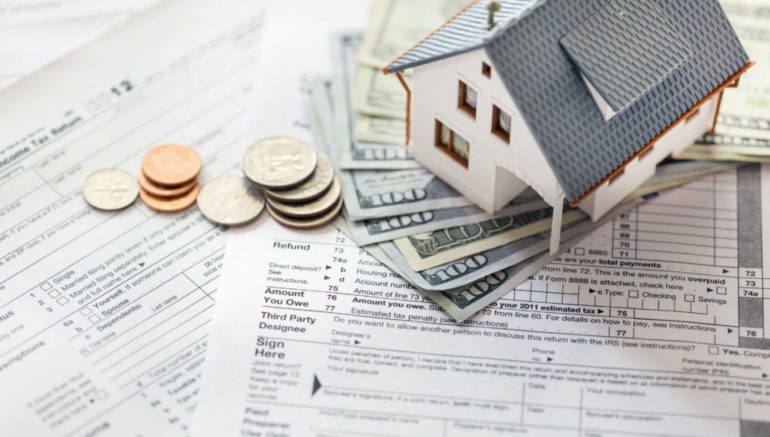The tax advantages of buying and owning a home are well known, but what happens when you sell? Read on to learn about the tax benefit you may accrue when you sell your house.
Rules affecting capital gains taxes
Most tax benefits available for home sellers relate to how any profit, or capital gain, you make on the sale of the house is taxed. If you meet certain criteria, some or all of that gain will be shielded from capital gains taxes, which can run as high as 20 percent.
Homeowners are eligible for this very nice tax benefit If they have owned the house for at least two years and lived in it for at least two of the last five years. Taxpayers who meet these criteria and file as individuals can exclude $250,000 of their gain from capital gains taxes. For married couples filing jointly, the exclusion is $500,000.
Calculating the home’s tax basis
To determine your capital gain on a home sale, you must first calculate your basis in the house. A home’s basis is the price paid for the home plus the cost of certain capital expenditures invested in the property. The IRS defines eligible capital expenditures as work that materially improves the value of a home, substantially extends the house’s life, or adapts the house to another usage. The price at which the home is sold minus the basis is the capital gain on the sale.
Be aware that the IRS may not view some of the work you’ve done on your home to be a capital expenditure eligible to be added to your house’s basis even where you believe it increased the value or longevity of the property. This holds true even if you undertook these projects just before selling. For example, the IRS will not allow taxpayers to increase their home’s basis by the cost of painting, repairing part of a damaged roof, cleaning the carpet or replacing plumbing with identical materials.
Another tax benefit relates to the transactional expenses of selling your home. The IRS allows sellers to reduce their capital gain by the amount of the real estate commission you paid, any fees paid at closing, and the like.
The tax benefit of homeownership
Don’t forget that any interest you pay on your mortgage in the year you sell your home counts as a tax deduction for that year. The new tax law has limited the deductibility of mortgage interest; for homes purchased after December 14, 2017, the amount of mortgage subject to this tax benefit is capped at $750,000. You can also deduct property taxes you paid up in the sales year up to the date of closing the sale, subject to a $10,000 limit on state property, sales, and income taxes.
Related – Tax Benefits of Homeownership


